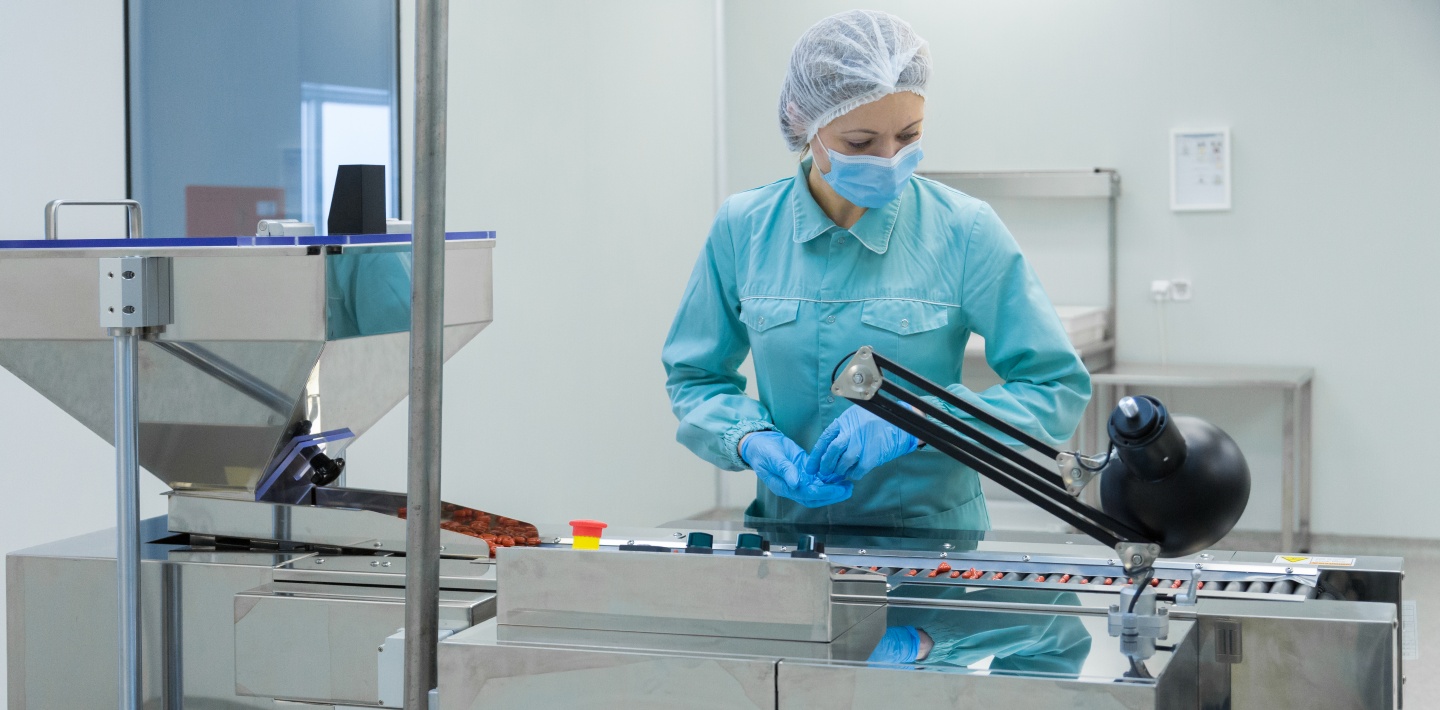15 May, 2020The pharmaceutical industry is working intensively towards finding a treatment for COVID-19 or a vaccine against the virus that causes it, SARS-CoV-2. Their work in this time of crisis makes this group of IndustriALL affiliates and members even more important for all of us.
For IndustriALL Global Union, there is a strong social dimension to the policies that apply to the pharmaceutical industry, with access to medicines as an important part of the United Nations Sustainable Development Goals, especially in relation to the realization of Good Health and Well-Being (Goal 3). Universal Health Coverage, including access to medicines, has a vital importance in this regard. Even before the Covid-19 crisis, 1 billion people around the world were unable to receive basic medical treatment while over 2 billion did not have access to essential medicines.
Universal Health Coverage means that all individuals and communities receive the health services they need without suffering financial hardship, including the full spectrum of essential, quality health services, from health promotion to prevention, treatment, rehabilitation, and palliative care. Obviously, the pharmaceutical industry has an important role to play in achieving the Sustainable Development Goal of Good Health and Well Being.
The current global pandemic underlines the social questions that the IndustriALL pharmaceutical sector is persistently asked to address. Access to vital medicine is a universal human right, a right that is constantly under attack by profiteers.
As COVID-19 is a global crisis, everyone should be able to benefit from the products of the pharmaceutical industry. This is particularly true when large amounts of public money and other resources (e.g. universities, hospitals) are being made available to the industry to hasten research. Global public opinion strongly expects that when a COVID-19 vaccine and/or medicine is produced, it must be available to all. It would certainly be unacceptable if the world’s people suffer while huge profits are distributed to shareholders.
Unlike other manufacturing sectors currently, there is very little, if any, reduction in activity in the sector around the world thus far. However, the industry faces possible medium term changes as momentum will gather in the post-pandemic period around significant questions, such as increasing state influence in the sector, and reducing the outsourcing of production to countries with lower safety and hygiene standards.
IndustriALL assistant general secretary Kemal Özkan said:
“The first priority for our excellent pharmaceutical sector affiliates is to build the knowledge to find treatments, vaccines and a cure for this terrible virus. But then the industry will need to have a serious introspection, about global supply chains, about the role of the state, and about how to ensure stronger health systems. These are big questions, and IndustriALL will continue to facilitate this debate.”
Pharmaceutical sector workers are highly skilled and educated. However, trade union rights in this sector are frequently attacked in a number of countries. IndustriALL responds to this reality with solidarity campaigns and network building.
Overarching trends affecting workers in the sector also include an ageing society, climate change, new technologies, digitalization, the role of generic drugs, patents, and corporate restructuring. The digitalisation of pharmaceutical factories will likely accelerate and will directly affect employment in the sector.
Most of the largest pharmaceutical multinational companies have made multi-million dollar donations in cash, materials, services, antibacterial gel and medication to the health effort against the pandemic.
Strong condemnation from IndustriALL affiliate FCE-CFDT brought a change of policy at Sanofi. The French company, which is a priority pharmaceutical company for IndustriALL, unilaterally decided on an extra payment of 15% of each employee’s salary across the world who were required to continue to go to work during the pandemic. FCE-CFDT’s demand for instead a fixed amount for all employees, was eventually met by management; otherwise higher paid staff would have received more than those paid less.
Sanofi has joined forces with British pharmaceutical company GlaxoSmithKline to work on a coronavirus vaccine. This scale of partnership is unprecedented in the sector. The two companies combined have the largest vaccine manufacturing capability in the world and aim to take a high-tech vaccine to human trials within months. The vaccine is based on an existing DNA-based technology that Sanofi uses to make its flu vaccine.
IndustriALL affiliates represent both Sanofi and GSK employees on all continents.
